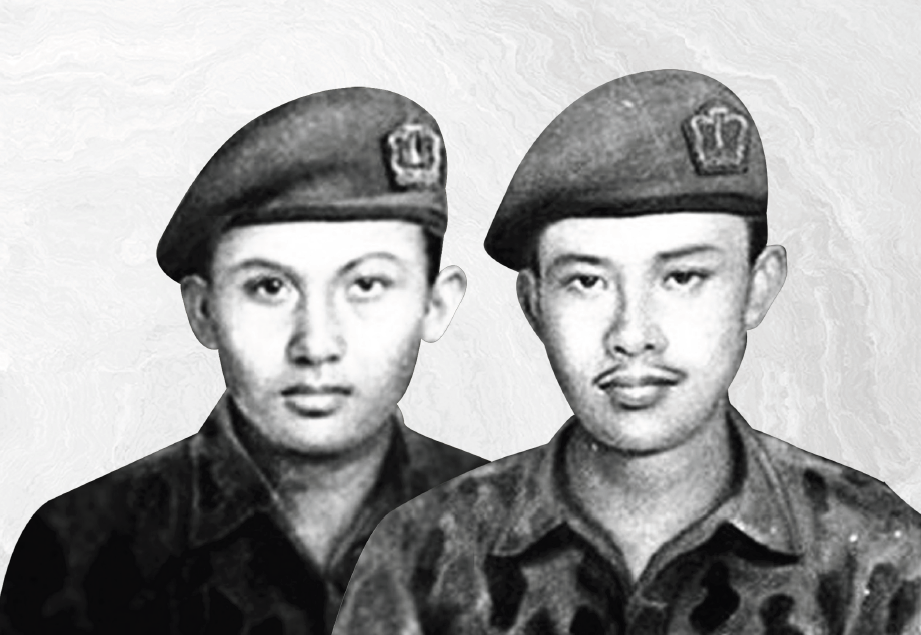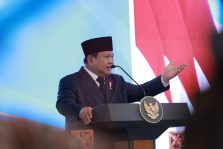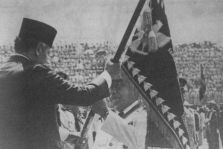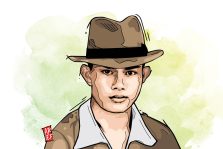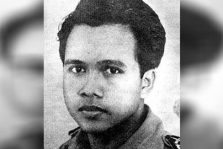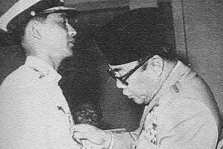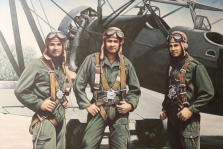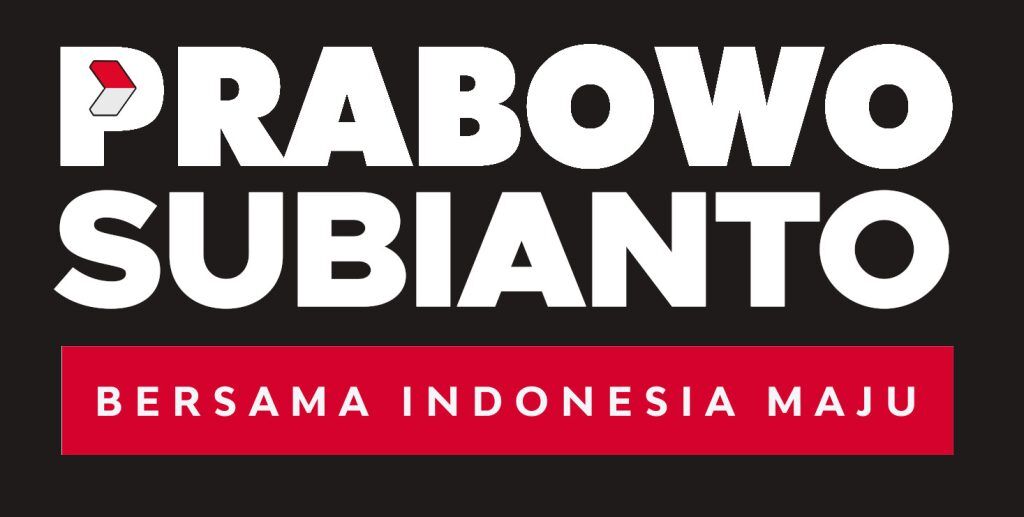By: Prabowo Subianto [taken from the Book: Military Leadership Notes from Experience Chapter I]
Esprit de corps, discipline, and skills are essential characteristics of a combat unit. A unit’s efforts to record, understand and review its past performance are important parts of developing the three characteristics mentioned above.
For the Indonesian Marine Corps, Usman and Harun’s struggle lays a moral foundation for the corps. They were true Marine Commando (KKO) soldiers. Their struggle is a reference in decision-making by Marine officers. The street in front of the Marine Corps Headquarters is named after them, so is the KRI Usman-Harun warship and the Harun Thohir Airport on the Island of Bawean, Gresik.
Esprit de corps, discipline, and skills are integral parts of a combat unit. A unit’s efforts to record, understand and review its past performance are important parts of developing the three characteristics mentioned above.
For the Indonesian Marine Corps, the struggle of Usman and Harun is a moral foundation for the corps. They were true Marine Commando (KKO) soldiers. Their struggle is a reference in decision-making by Marine officers. Their names are now memorialised as street names in front of Marine Corps Headquarters, Indonesian warship (KRI) Usman-Harun, and Harun Thohir Airport on the Island of Bawean, Gresik.
Usman Jannatin bin H. Muhammad Ali was born in Jatisaba Village, Purbalingga, Central Java in 1943. Usman graduated from his education on June 1, 1962. He earned the rank of KKO III Soldier. Usman’s first deployment was to take part in the Sadar Operation in South Sumatra. After that, he participated in the Trikora Operation after President Sukarno declared an ultimatum to liberate West Papua from the Dutch.
Harun Tohir bin Mandar was born in Bawean Island, Gresik, East Java, also in 1943. Since his early education, he had been a member of a Singapore merchant ship. His daily life at the port gave him deep insight into Singapore’s shipping lanes. With such experience, he grew up in the Indonesian Navy to be a brave soldier who was quick to rise to the occasion on the battlefield.
The Indonesian and Malaysian Confrontation on September 17, 1963, led to the termination of diplomatic relations. In this situation, Usman and Harun volunteered in Sumbu, Riau, for an infiltration operation in Singapore. In late 1964, they were granted a five-month training in Riau.
In Base X of KOTI (Supreme Operations Command), they received an order to carry out a sabotage mission. Their objective was to sabotage strategic nodes of British military and economic infrastructure in Singapore. On 10 March, 1965, they carried out the mission. After in-depth observation and planning, they selected a suitable target to sabotage.
In the afternoon, they managed to place a 12.5-kilogram bomb in the basement of the MacDonald House building on Orchard Road. On March 13, 1965, Harun and Usman fled by motorboat to a military base in Sumbu, Riau. Unfortunately, the motorboat broke down in the middle of the sea. As a result, they were both arrested by Singapore marine patrol officers. They spent seven months in prison before they were sentenced to death by hanging.
President Suharto at that time requested that the Singapore leaders give Usman and Harun a reprieve from hanging because they were serving commando soldiers of the Indonesian military. However, at that time, Singapore Supreme Court was still entrusted to the British in London, and through the technicality that they were not in uniform, the court decided to hang them. Suharto asked many times for clemency. He even sent his secretary to Singapore. To no avail. This arrogant lack of respect hurt the Indonesian military and people.
A few years later, when Lee Kwan Yoo wanted to have a meeting with President Suharto in Jakarta, he received a message that he would gladly invite him if he would visit the graves of Usman and Harun upon arrival in Jakarta. That was Suharto’s way of showing that he should respect Indonesians if he were to come to Indonesia.

